
In recent years, the convergence of medical tourism and citizenship by investment programs has revolutionized healthcare accessibility worldwide. A Fortune Business Insights report, predicts the global medical tourism market to surge, reaching USD 53.51 billion by 2028. This momentum is propelled by an increasing number of investors recognizing the unmatched advantages of investing in second citizenship or alternative residency options.
Citizenship by Investment (CBI) programs, including popular options like those offered by Caribbean countries such as Saint Kitts & Nevis, St Lucia, Dominica, Grenada, and Antigua & Barbuda, provide passports with visa-free entry to over 140 countries, including the EU Schengen zone, with investments starting from USD 100,000. Malta also offers a CBI program, granting visa free access to the US and the right to reside in any Schengen state with an investment starting from EUR 600,000.
On the other hand, Residency by Investment (RBI) programs in European countries like Portugal, Spain, and Greece among others offer Schengen access to investors. Residency in Europe can be obtained with investments starting from at least EUR 200,000.
Enhanced global access
Once primarily focused on patients seeking affordable treatments overseas, medical tourism has undergone a significant evolution. Today, it encompasses a multifaceted industry catering to individuals pursuing high-quality healthcare, specialized procedures, and wellness experiences in international destinations. Advancements in medical technology have been instrumental in this shift, along with the rise of specialized treatment centers and collaborations with renowned medical institutions. Moreover, services are now tailored to the specific needs and preferences of international patients, with features such as multilingual staff, cultural sensitivity, and concierge services offered by medical service providers.
One of the many benefits of acquiring a residence or citizenship in return for investment is visa-free entry to many countries and the right to remain in the chosen destination. This flexibility grants investors and their families access to healthcare opportunities worldwide.
Access to the best
This is especially crucial given that according to 2024 Newsweek ranking of top ten hospitals in the world in 2024, four of the top ten hospitals in the world are based in the US, with Mayo Clinic in Rochester, US claiming the top stop, and the others in the list in Germany, Sweden, France and Switzerland.
Applying for visas to the US and Schengen countries can be a lengthy and complex process, compounding every time the individual needs to return for treatment or follow-ups. Additionally, the visas granted are often short-term. In contrast, citizenship or residency can take as little as 3-6 months, after which the individual can come and go as they please. This expedited process can be especially appealing for those with urgent critical health conditions, prolonged treatment, and periodic visits.
Long-term healthcare Access
Access to world-class healthcare services can be a deciding factor in choosing a destination for medical treatment, even for those not facing critical health concerns. According to the 2024 edition of the CEOWORLD magazine Health Care Index, Taiwan has been ranked as the country with the best healthcare system in the world. This index ranks 110 countries based on various factors contributing to overall health. Five European countries made it to the top ten: Sweden (5th place), Ireland (6th place), the Netherlands (7th place), Germany (8th place), and Norway (9th place).
Additionally, the UAE has rapidly become a leading hub for medical tourism in the Middle East. Its innovative treatments and modern medical facilities have enticed European and American hospital groups to establish a presence in the region. Patients seeking specialised healthcare services like advanced diagnostics, cosmetic surgery, and orthopaedic procedures are drawn to the UAE. The nation’s state-of-the-art hospitals, renowned medical experts, and luxurious hospitality services contribute to its increasing appeal among health travellers.
To forward-thinking investors, citizenship and residency that allow access to a robust healthcare environment and specialisation anywhere in the world is the best long-term investment they can make for themselves and their families. For example, residents of the EU countries, Iceland, Liechtenstein, Norway, and Switzerland, covered by the public health insurance system, receive European Health Insurance Cards (EHICs). The card allows the holder to receive medical care in any of these countries under the same conditions as the locals — free of charge or cheaper than for non-residents.
The rise of wellness tourism
Beyond medical treatment, many investors are drawn to destinations that offer an appealing lifestyle, favourable climate, and recreational amenities as part of wellness tourism. This is driven by a desire to maintain a healthy lifestyle, reduce stress, and prevent disease. This comprises a broader and more diverse group of consumers with various motivations, interests and values.
The Global Wellness Economy Monitor Report: 2023 forecasts that consumers will continue to increase spending on wellness, with the global wellness economy will grow at an annual rate of 8.6 per cent, poised to reach USD 7.4 trillion in 2025 and $8.5 trillion in 2027 – nearly doubling its size in 2020. This growth can be attributed to population aging, global rise of chronic disease and deteriorating mental conditions worlwide. According to reports, wellness travellers made 819.4 million international and domestic wellness trips in 2022, a significant increase from 2020 (483 million) and 2021 (608 million). Wellness trips accounted for 7.8% of all tourism trips but represented 18.7% of all tourism expenditures in 2022.
For the growing demographic interested in pursuing wellness tourism, the ability to travel freely with citizenship or residency by investment allows them to explore diverse destinations without the inconvenience of visa applications. This grants them an elevated quality of life, access to cultural experiences, and opportunities for leisure and relaxation.
As the demand for medical tourism continues to surge and investment migration gains momentum, the convergence of these two industries presents lucrative opportunities for investors seeking to optimise their healthcare access while securing valuable citizenship or residency rights. However, investors must conduct thorough due diligence, assess target countries’ legal and regulatory frameworks, and consult with experienced professionals to navigate the complexities of medical tourism and investment migration complexities.